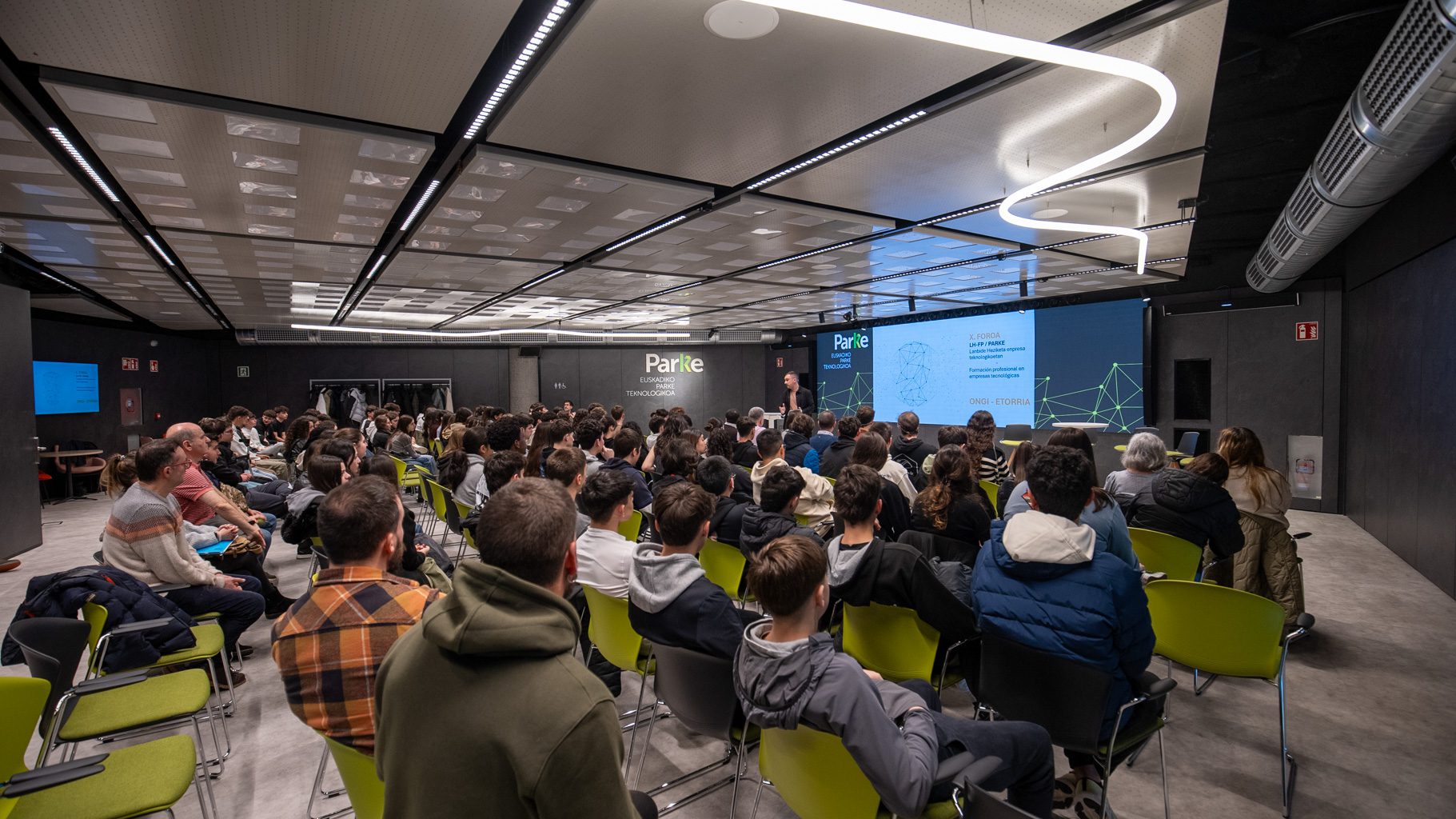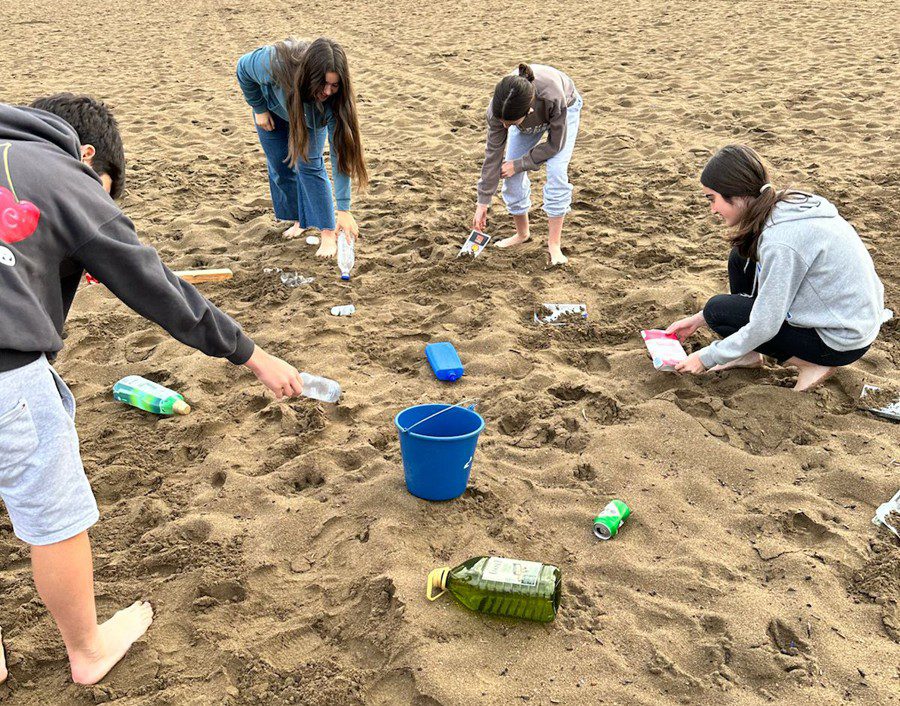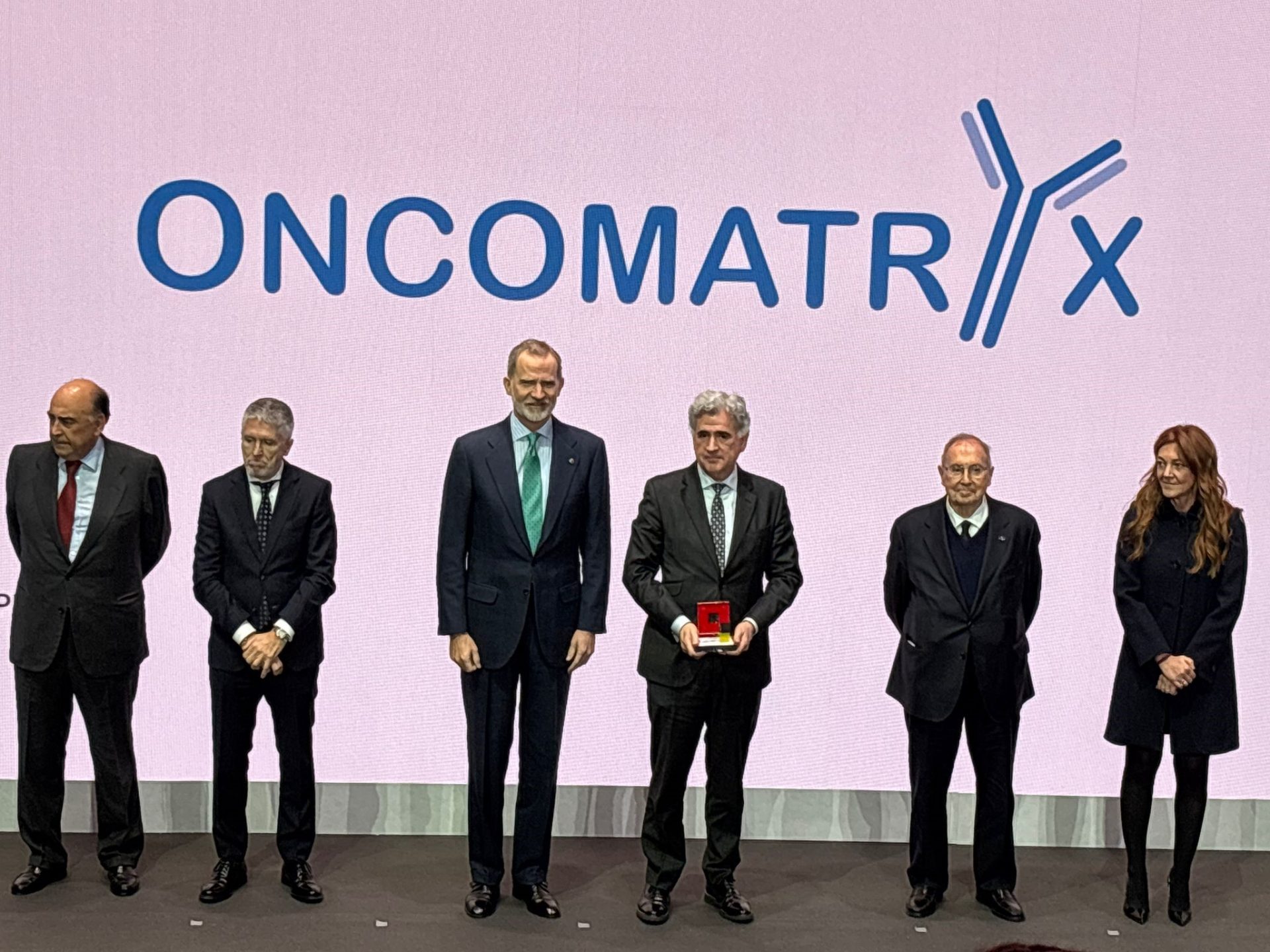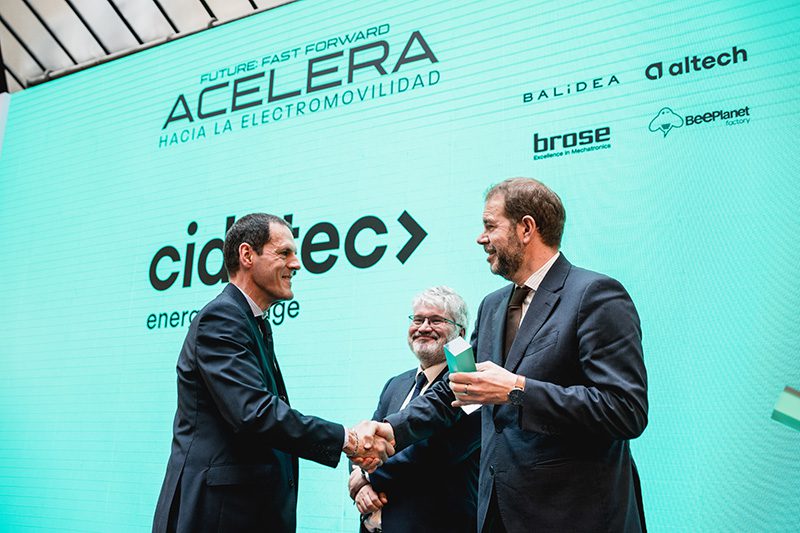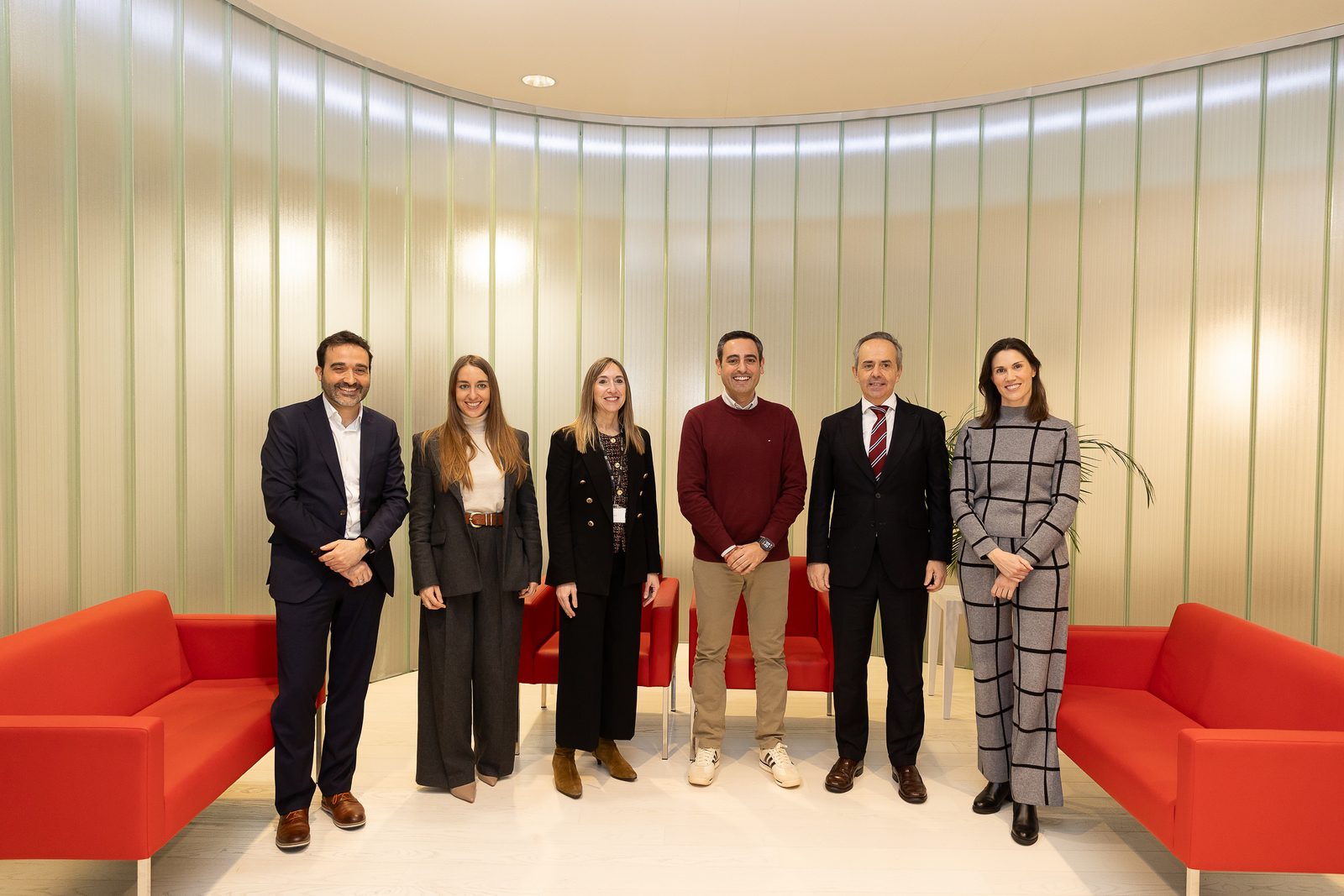TECNALIA, UPV/EHU and BC3 join forces to create an energy planning laboratory in the Basque Country
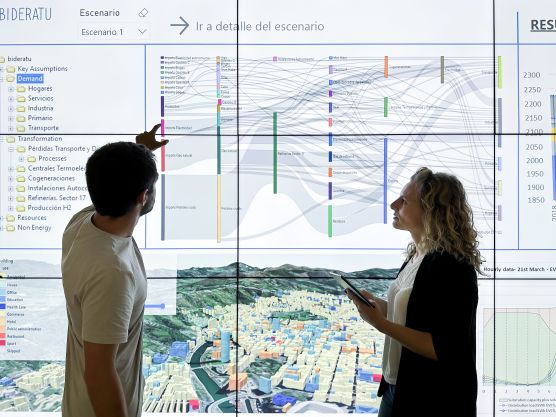
This laboratory is the result of an agreement between the three organisations to promote decarbonisation, and its aim is to establish a permanent line of work for the development of capacities of scientific excellence that facilitate energy transition strategies for the entire value chain.
The research and technological development centre TECNALIA, the University of the Basque Country UPV/EHU and the Basque Center for Climate Change BC3 will present a pioneering laboratory for energy planning in the Basque Country on 2 June. The aim of the laboratory will be to develop methodologies and tools to facilitate energy transition strategies for the entire value chain and to promote the challenges of decarbonisation in the Basque Country. The presentation will take place at the Bizkaia Aretoa within the framework of the 20th Congress of the Spanish Association for Energy Economics (AEEE) to be held from 2 to 4 June in Bilbao.
This laboratory, called the Joint Research Laboratory on Energy Planning (JRL ePLAN), is the result of an agreement between TECNALIA, UPV/EHU and BC3 to share knowledge and experience and create an international reference group in applied research in the field of Energy Planning.
Energy planning consists of forecasting future energy needs and the actions that need to be carried out to ensure that they are met. However, the energy field presents peculiarities, since the provision of energy services is conditioned by the suitability of the infrastructures that support this activity. Therefore, anticipation and the constant evolution of forecasts to the changing reality are key to developing energy planning tools that help administrations, companies and society in decision-making.

Objectives for 2027
This laboratory, whose scientific management will be entrusted to TECNALIA, aims to become a benchmark research group in energy planning. Its mission is to aggregate and boost existing capacities in an effective way, in order to promote joint research in a series of specific topics related to Energy Planning.
In this sense, the JRL e-plan will contribute to the training of future professionals, researchers and entrepreneurs, fostering the creation and attraction of specialised talent in this field.
Currently, the initiative already has 18 researchers, and by 2027 a team of 38 professionals is foreseen. Another of the challenges posed by the initiative is that of training, which for the same year is expected to have 30 students trained in collaboration. In this sense, it is expected to achieve around 15 doctoral theses and 74 co-publications.
